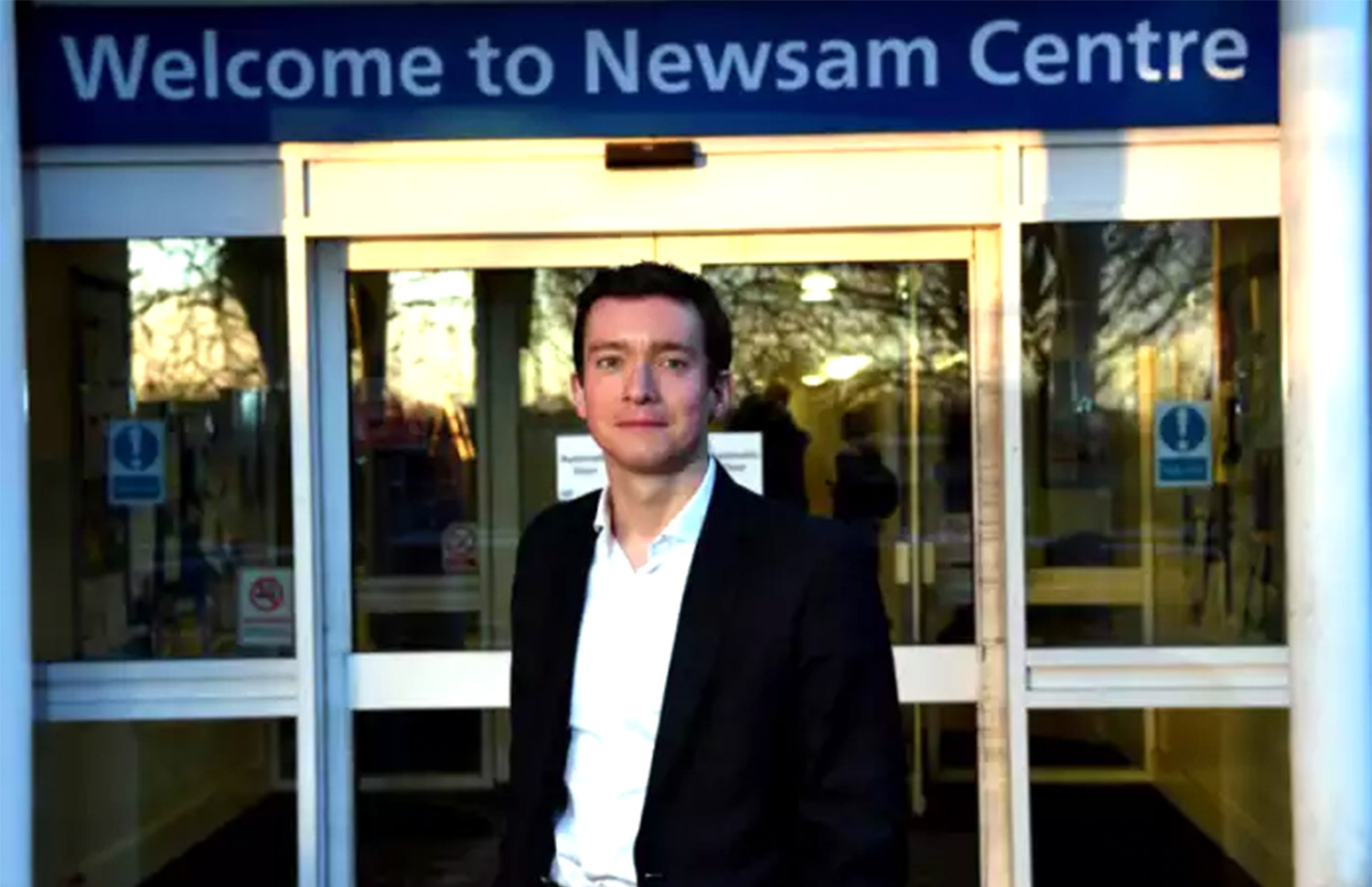Eating Disorders Awareness Week: Leeds consultant hails service
The YEP spoke with Dr William Rhys Jones, Consultant Psychiatrist and Clinical Lead at the Yorkshire Centre for Eating Disorders in Leeds, as part of our series to mark Eating Disorders Awareness Week. The Leeds Community Treatment Service, run by Leeds and York Partnership NHS Foundation Trust, launched in 2013.
It is staffed by a wide-ranging team, including medics, psychiatrists, dietitians, therapists, health support workers and nurses. Eating Disorders Awareness Week: Leeds student opens up about her battle.
The service, among the first of its kind in the country, offers community-based tailored treatment, either at home or a even a GP practice, offering flexible weekly or daily sessions.
Dr Jones said it created a “half-way house” between weekly outpatient and inpatient services. The alternatives before the service was launched was either a stay on the ward, or one weekly hour-long session.
He said: “The community service has been a huge success for patients, and in terms of freeing up beds.
”There is an average three-year wait (according to the charity Beat) before people get specialist treatment for eating disorders and that is unacceptable.
“You would not accept that for things like cancer or even diabetes.”

Following its success, plans are also now in the pipeline to expand the service across the region.
Dr Jones said: “People used to have lengthy admissions here of over a year - now the average inpatient stay is between two and four months.
“Before we would have people on a ward for a year. For that specialist intensive care, it needs to be in the community - and in that person’s home.
“The ward is an artificial environment. It can be effective but we need to have that option of community treatment."
Dr Jones also hailed the FREED study, which will finish later this year, as a success. Launched as a pilot and research scheme in January 2017, it offers a crucial early intervention service for young adults with eating disorders.
He said he hopes it will now be permanently implemented and expanded to become part of the trust’s community service, and eventually rolled out across the region.
“There’s already been enough data showing the early results which are fantastic,” Dr Jones said.
“It is seeing people quicker and doing the simple stuff well.”
He said new NICE guidelines, introduced in 2017, placed a particular emphasis on early intervention with regard to eating disorders.
“It’s promoting early change so as soon as the referral comes in you’re starting the whole process,” Dr Jones said.
“Those people do really well and clinical outcomes are far better than you would normally see, drop-out rates are far lower than you would expect.
“It’s groundbreaking really.”
The community service received 196 referrals between April 2013 and March 2016. In 2013-14, trust figures show there were 1,579 contact hours with patients as part of the service.
This more than doubled to 3,597 in 2015-16.